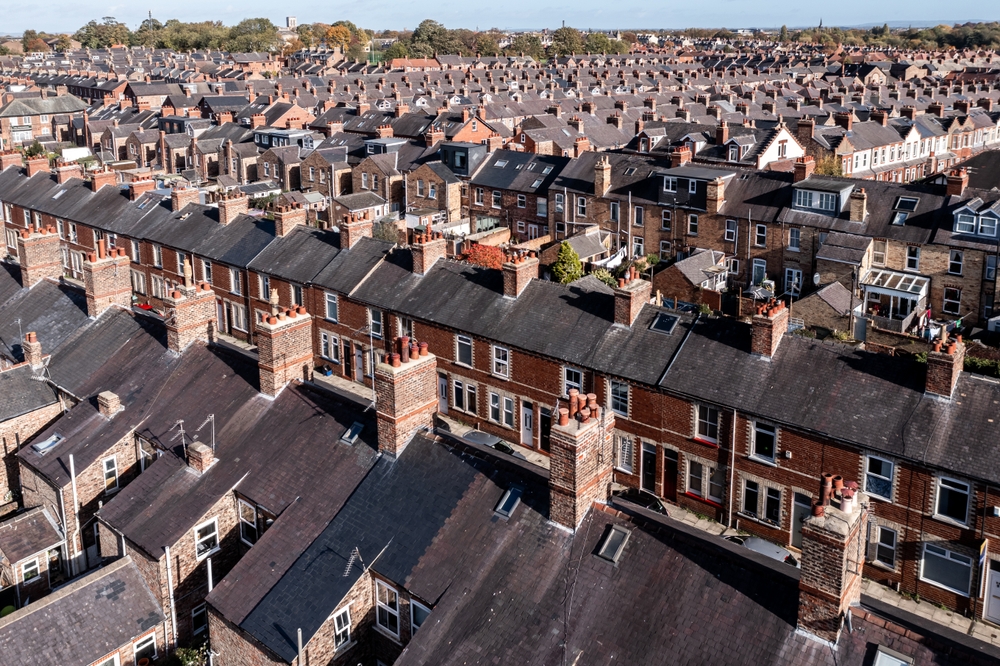Why being overlooked may now constitute a legal nuisance for residents
Most of us would agree that the prospect of someone being able to peer into your home from a nearby balcony or roof terrace is a pretty appalling one.
And it would seem, if certain circumstances apply, that the Supreme Court is of the same mind.
After a long running legal battle, it has finally ruled that the Tate Modern art museum in London is legally ‘liable in nuisance’ for its viewing platform which overlooks the glass-walled luxury flats opposite.
It is, of course, a massive relief to the five owners concerned. They had protested that the viewing platform enabled ‘hundreds of thousands’ of museum visitors to look directly into their expensive homes, creating a relentless invasion of their privacy.
So what does this Supreme Court ruling mean for other people who feel they might have a similar case? And what are the implications for developers?
Does this case pave the way for a new wave of ‘overlooking’ claims?
The answer is almost certainly no because this case turns on its own highly individual criteria. However, it does extend the law of privacy to include overlooking, albeit only in extreme cases.
In his judgement, the Supreme Court’s Lord Leggatt said that the Tate’s viewing gallery, which is currently closed, left the residents living opposite feeling like they were ‘on display in a zoo’.
Creating this gallery, the court ruled, was not a ‘normal’ use of the museum’s land. It created a ‘constant visual intrusion’ for the residents whose privacy it infringed and who had every right to complain against this legal ‘nuisance’.
Neither was it fair, the court said, that residents should have to take steps to address the problem themselves – as previous court rulings indicated – by using solar blinds, privacy film or curtains to block out the unwanted onlookers.
These aspects were key to the residents’ success.
What does the law say on whether being overlooked is a legal ‘nuisance’?
In busy, bustling cities like London and Bristol, a degree of being overlooked has always been deemed pretty inevitable.
With a growing trend for modern, high-rise buildings with large windows to maximise light, it is generally accepted that the people who want to live in them, have to accept it may come at the cost of some privacy.
However, when ‘overlooking’ becomes ‘visual intrusion’ and when ordinary and common use crosses the line, there may be grounds for a legal claim.
This is why many homeowners who feel their privacy has been affected by an intrusive property development may now be considering their position.
What does this ruling meaning for developers?
There’s little doubt that the Supreme Court decision means developers should think more carefully at the planning stage about features like balconies and roof gardens on buildings including office blocks in case they overlook the properties of people living nearby.
It is possible there may now be a number of new claims which concentrate on when merely being overlooked crosses the line into visual intrusion and when ordinary and uncommon use becomes ordinary and uncommon.
It’s even possible that CCTV use in certain circumstances could be seen as an actionable nuisance.
Get in touch
Whether you are a residential property owner or a developer, if you need help about this area of the law, please contact our highly experienced disputes solicitor, Partner James Murray.
Email James: James.Murray@wards.uk.com
Phone James: 0117 929 2811


